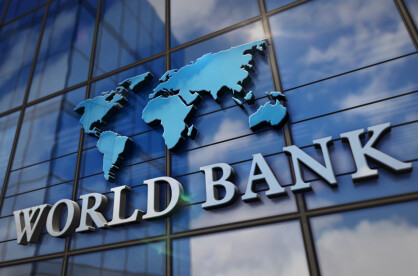In a dramatic escalation of regional tensions, Israel launched a large-scale military operation on 13 June 2025, targeting key Iranian nuclear and military sites. The strike, announced by Israeli Prime Minister Benjamin Netanyahu as a “decisive moment” in Israeli history, reportedly aimed to halt Tehran’s nuclear weapons ambitions and cripple its ballistic missile programme.
According to the Israeli government, the coordinated assault hit Iranian commanders, missile factories, and critical components of Iran’s nuclear infrastructure. Iran's Fars News Agency cited “unofficial statistics” indicating that over 70 people were killed and more than 320 injured in the strikes. Among those killed was General Mohammad Bagheri, Iran’s Chief of Staff of the Armed Forces, along with six prominent nuclear scientists:
- Fereydoun Abbasi – Former head of the Atomic Energy Organization of Iran (AEOI)
- Mohammad Mehdi Tehranji – President of Islamic Azad University
- Abdolhamid Minouchehr – Nuclear engineering professor, Shahid Beheshti University
- Ahmad Reza Zolfaghari – Professor at Shahid Beheshti University
- Amir Hossein Faghihi – Former AEOI Vice President
- Motallebzadeh – Nuclear scientist killed alongside his wife
Israel’s air force, reportedly involving around 200 aircraft, struck multiple locations across Iran:
- Tehran – Explosions across the capital, including residential areas
- Natanz – Iran’s primary uranium enrichment site
- Tabriz – Near a nuclear research centre and military bases
- Isfahan, Arak, Kermanshah – Key cities with nuclear or military infrastructure
Iranian state media also confirmed damage in Tehran’s Mehrabad Airport, and flights were suspended at Imam Khomeini International Airport.
In a fiery statement, Supreme Leader Ayatollah Ali Khamenei condemned the strikes as a crime and vowed severe punishment against the Zionist regime, promising swift retaliation by Iran’s armed forces.
Roughly 22 hours later, Iran launched retaliatory missile attacks against Israeli territory. Brigadier General Effie Defrin confirmed the Iranian response, saying Israel remains on high alert, with airspace locked down, schools closed, and businesses shut.
As the strikes on Iran continued into late 13 June, Al Jazeera reported:
- 16:00 GMT – New Israeli strikes in Tabriz.
- 16:20 GMT – Explosions hit a residential area in Tehran.
- 17:23 GMT – A missile from Yemen’s Houthi forces landed in Hebron, West Bank. No interception was recorded.
- 19:05 GMT – Explosions were reported in Jerusalem, with 21 injuries confirmed.
In parallel, Israel’s military tightened and continued its assault on Gaza, with 30 Palestinians killed on 13 June, including 11 civilians waiting for aid.
Ongoing Hostilities on 14 June
- Israel came under renewed missile attacks, with live footage showing plumes of smoke and explosions.
- Multiple explosions were reported in Tehran, including at Mehrabad Airport.
- Three hours ago, Israel confirmed that alerts were active nationwide. “The Air Force is working to intercept and attack wherever necessary to eliminate the threat,” the military said.
As of the latest updates, new waves of Israeli airstrikes have been launched, this time targeting Isfahan once again.






